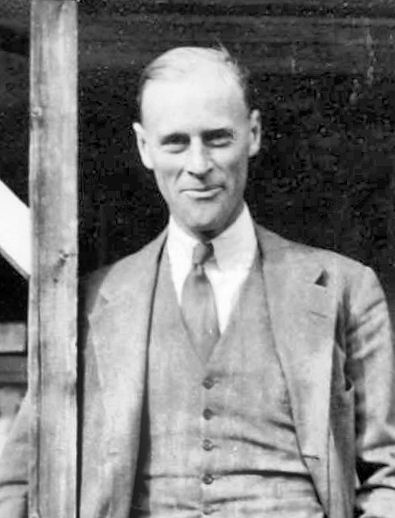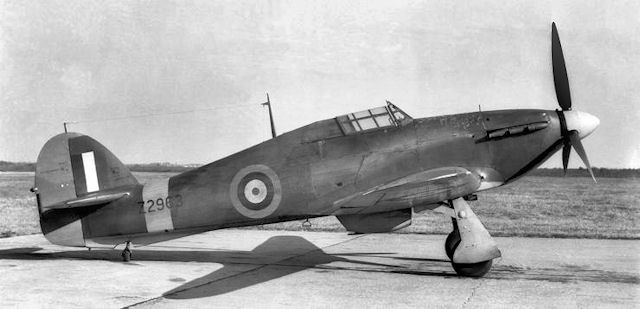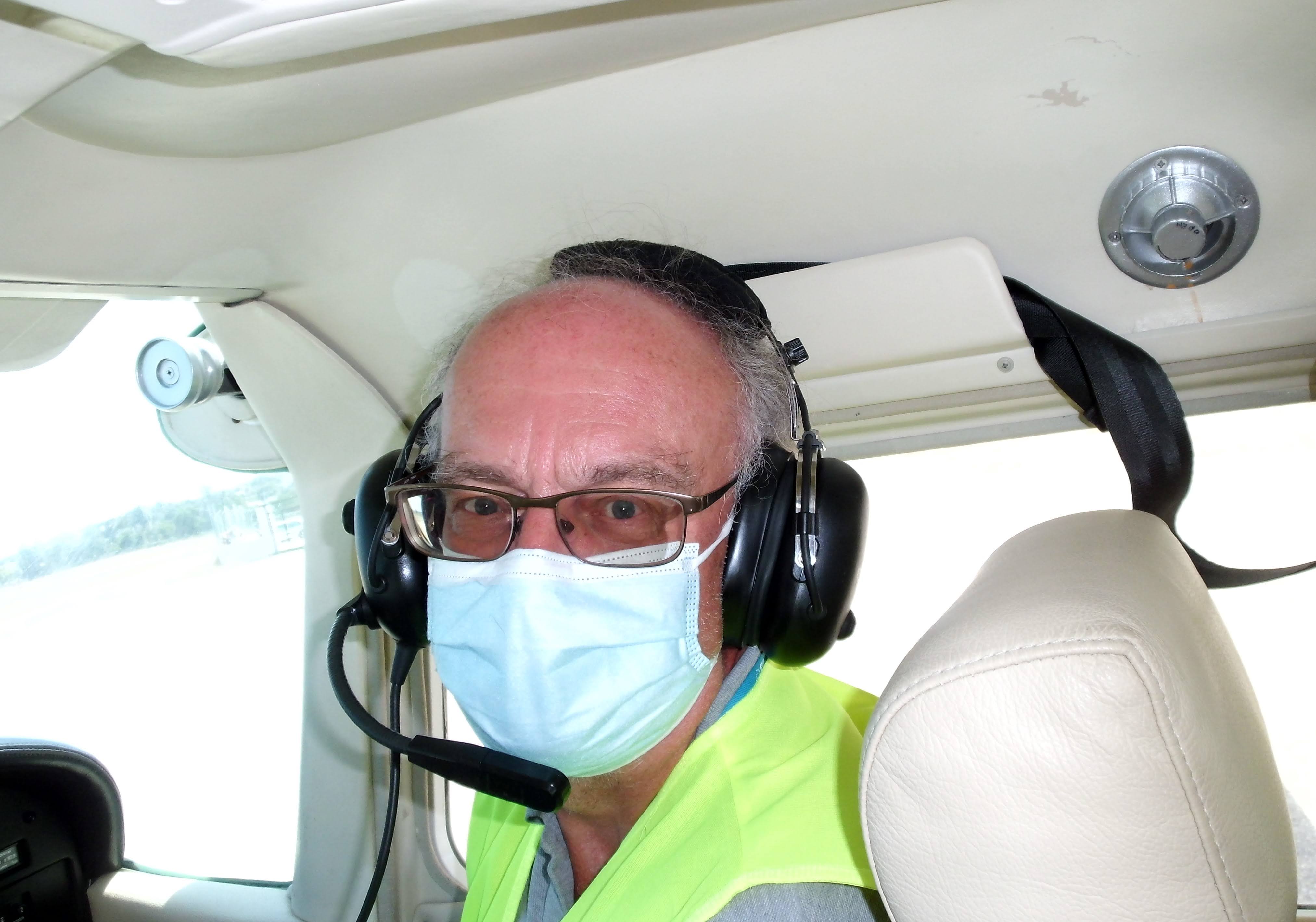6ft 3in tall; educated at Eton and Cambridge A Director of the family firm, J&J Colman Ltd (Colmans Mustard) A very keen yachtsman; member of the Royal Yacht Squadron, the Royal Norfolk and Suffolk Yacht Club, and 'other local clubs'. prev. Army Reservist 1932 to 1942 (Major). He went on active service to France with the Norfolk Yeomanry in 1939, returning with the evacuation of Dunkirk. prev exp. 315 hrs. He had owned 3 aircraft: - G-ABCD, a 1930 Avian IVM; - G-ACTL, a 1934 DH Leopard Moth, and - G-AFBC, a 1937 Percival Vega Gull. Ferry Pool: No. 6 On Aug 5, 1942, he wrote to Cmdr Bathurst from 'Gastlings, Southill, Biggleswade': "My dear Bathurst, I have been expecting to turn out the guard for you at Barton this past 10 days on one of your routine inspections but have been disappointed in that so far. This is a job to end all jobs as far as I am concerned and have enjoyed nothing so much in years: if you can kindly arrange to forget my existence until the winter afterwards it will be A1 by me! I have drawn Paull for Instructor and he is first class, as are, I shd think, most of your team here." He transferred to the Administrative Staff from 1 Dec 1942, as Assistant to the Chief Establishment Officer - essentially, a Personnel Officer, a job for which he was expected to be "occasionally flying". On the 1st January 1943 he wrote this set of 'Handling Notes': "Prima Donnas I venture to put forward for your consideration the suggestion that you should cause to be promulgated amongst O.C.s and Adjutants of this Organisation some technical instruction on the above subject - either orally or in writing. There is no dispute that the average pilot has more than the Human Average of Prima Donna Complex embedded in his temperament, and it appears probable that, more often than not, it will also be found that this Complex is highest in the best pilots and progresses geometrically with Anno Domini. The Prima Donna may be defined for this purpose as one who can perform desirable - or even remarkable - feats of virtuosity over almost indefinite periods, granted only that a favourable atmosphere is maintained around her by the thoughtful provisions of four opportunities: 1. To exhibit Personality by indulging in a few little whims. 2. To blow off steam about Everything to a Sympathetic and Untiring Ear. 3. To receive occasional Encouragement or Praise. 4. Never to be criticised - or, if this must be done once in a while, then to have it so well wrapped up in the Chinese or Irish Manner that she may get the Idea without loss of 'face'. It is undeniably a great nuisance to have to worry about such apparent trifles, especially in wartime, but the fact remains that our job is not to remake human nature, but to try to make the absolute best of the material that happens to be available, and I have a feeling, based on all too little experience admittedly, that we may sometimes be apt, in a natural attempt to produce a well-run and well disciplined show, to pay too little attention to the delicate art of handling our Prima Donnas. The recent Meadway incident seems to illustrate this. The Army have an excellent and wise tradition that no superior officer should come within striking distance of a soldier who is under the influence of alcohol: I seriously suggest that for at least 24 hours after landing an aircraft, a pilot - if he has any pride at all - will be feeling so low and bloody-minded that it will be well worth his Superior Officer spending a few seconds thought before coming within verbal striking range of him. ... During the four months I spent in E. and AFTS I served under two or three C.O.s and several adjutants, but I do not think any one of them ever took the trouble to find out anything about me as an individual (except possibly my name and flying record) and I suspect that much the same would be true of Meadway. The latter, as it happened, was an easy going type whom you could get anything out of round the the fire over a glass of ale, but practically nothing over the Orderly Room Table or on the Mat, and armed with this knowledge I still believe that ATA might have made a useful servant out of him." He went on to suggest that "O.C.s and adjutants be impressed with the need for knowing their personnel more intimately than they now do, and ...for future appointments the quality of being a Good Mixer be designated a sine qua non for adjutants, and a Major Qualification for O.C.s." Sadly, he died shortly after in a bizarre accident:
d. Sunday 17 Jan 1943 (Died in ATA Service) - in Hurricane II KX441 which made a normal landing at Sherburn, but struck a very wet patch and nosed over onto its back. Alan drowned, in about 18in of water, before he could be rescued. His obituary in the Eastern Daily Press concludes: "Generous, capable, and with the keenest zest for life and all its interests, throwing himself with all his varied gifts into all that he undertook, he inspired those around him to give also of their best. Only those who knew him well realised the depth and sincerity of his desire to help his fellow men, and his loss to those who knew him is an irreparable one." He was cremated in Leeds, and his ashes were scattered from an aircraft, piloted by Douglas Fairweather, flying over Southampton Waters on the 29th January.
|


 1932
1932
